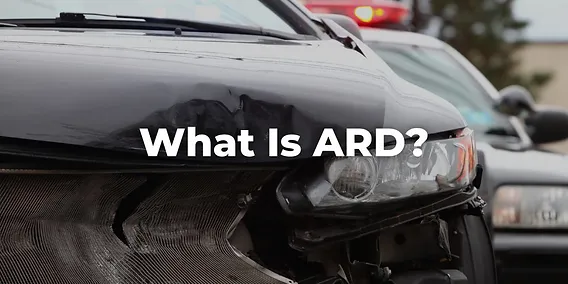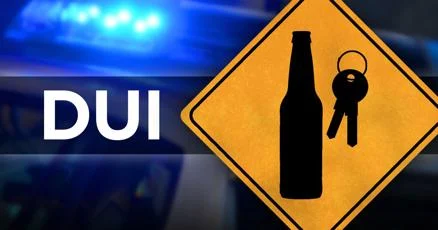Understanding Drug Offenses in Texas
Drug offenses in Texas encompass a wide range of illegal activities, including possession, distribution, and manufacturing of controlled substances. Understanding the specific laws and penalties associated with these offenses is crucial for anyone facing drug-related charges.
In Texas, drug offenses are categorized into different classes based on the type and amount of drug involved. For example, possession of less than one gram of certain drugs can lead to a state jail felony charge, while larger quantities can result in more severe penalties, including lengthy prison sentences. It’s essential to consult with a legal professional to navigate these complex laws effectively.
Common Defenses Against Drug Charges
When facing drug charges, there are several potential defenses that a skilled attorney may employ to challenge the prosecution's case. These defenses can include illegal search and seizure, lack of knowledge, and entrapment, among others.
For instance, if law enforcement conducted an unlawful search without a warrant or probable cause, any evidence obtained may be inadmissible in court. Additionally, demonstrating that the accused was unaware of the presence of drugs can significantly impact the outcome of a case. Legal representation is vital in identifying and articulating these defenses effectively.
The Impact of a Drug Conviction on Your Future
A drug conviction can have long-lasting effects on an individual's life, influencing employment opportunities, housing options, and personal relationships. Understanding these implications is essential for anyone facing drug-related charges.
For example, a felony drug conviction may result in the loss of certain professional licenses and make it challenging to secure jobs in various fields. Additionally, individuals may face social stigma and difficulties in obtaining loans or housing. Seeking legal counsel can help mitigate these consequences by exploring options for expungement or alternative sentencing.
Resources for Drug Offense Education and Support
Accessing resources for education and support regarding drug offenses can empower individuals and their families to make informed decisions. Various organizations and online platforms offer valuable information about legal rights, rehabilitation programs, and community support services.
For instance, local nonprofits often provide educational workshops about drug laws and the legal process, while rehabilitation centers can assist those struggling with substance abuse. Engaging with these resources can provide critical support and guidance during challenging times, helping individuals navigate their legal situations more effectively.










